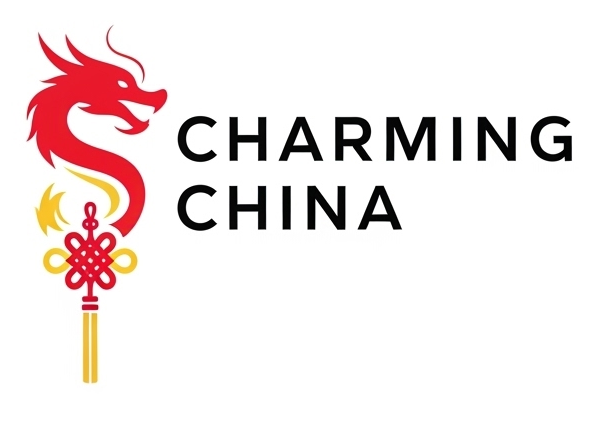Attack by Stratagem: Winning Without Fighting in The Art of War
In Chapter 3 of The Art of War, Sun Tzu delivers one of his most quoted insights:
“To subdue the enemy without fighting is the acme of skill.”
Known as “Attack by Stratagem (谋攻篇)”, this chapter emphasizes the superiority of strategy, intelligence, and diplomacy over brute force. While battles may sometimes be necessary, Sun Tzu believed that the most skillful leaders achieve victory before conflict even begins.
The Principle of Winning Without Fighting
Sun Tzu viewed war as destructive, costly, and risky. Therefore, the highest form of warfare is not to win battles, but to prevent them through psychological, diplomatic, and strategic means.
Hierarchy of Victory (from Sun Tzu’s text):
- Break the enemy’s will and strategy without battle.
- Disrupt alliances and weaken morale.
- Attack armies if necessary.
- Lay siege to cities — the least desirable option, as it wastes time and resources.
Key Lessons from “Attack by Stratagem”
1. Intelligence Is Power
Knowledge of the enemy’s strengths and weaknesses is more valuable than sheer numbers. Sun Tzu stresses using spies and intelligence networks.
2. Divide and Conquer
Weakening alliances and isolating opponents is more effective than direct combat. In modern terms, breaking competitor partnerships or shifting public opinion is often decisive.
3. Preserve Resources
A true victory conserves your army, wealth, and infrastructure. Destroying everything may bring short-term gains but long-term loss.
4. Psychological Superiority
If your opponent has already lost the will to fight, the battle is won before swords are drawn.
Modern Applications
Business Strategy
Companies like Apple and Google dominate not by endless battles, but by controlling ecosystems and alliances. Their strategies prevent competitors from even entering the fight.
Politics & Diplomacy
Strong nations use alliances, sanctions, and negotiations to avoid military conflict, echoing Sun Tzu’s belief in non-violent dominance.
Personal Development
In daily life, winning without fighting might mean resolving conflict through persuasion, negotiation, or emotional intelligence rather than confrontation.
Famous Example: Microsoft vs. Netscape
In the 1990s, Microsoft did not destroy Netscape through direct competition alone. Instead, it bundled Internet Explorer with Windows, undermining Netscape’s position without a direct “battle.” This was pure “Attack by Stratagem.”
Key Takeaways
- The best victory is one that avoids unnecessary conflict.
- Strategy and intelligence outweigh brute strength.
- Preserving resources ensures long-term power.
- Dividing opponents and controlling psychology is often decisive.
Sun Tzu’s “Attack by Stratagem” teaches that the highest form of skill is to win without fighting. Whether in war, business, or personal life, strategy, intelligence, and foresight are more powerful than brute force. Leaders who embrace this lesson secure lasting victories while conserving strength for the future.
FAQ
Q1: What does “winning without fighting” mean in Sun Tzu’s philosophy?
It means defeating your opponent’s will, alliances, or plans before physical conflict occurs.
Q2: How can businesses apply “Attack by Stratagem”?
By using innovation, partnerships, and market positioning to outmaneuver competitors instead of costly price wars.
Q3: Is “Attack by Stratagem” still relevant today?
Yes. From politics to corporate strategy, avoiding direct conflict while achieving goals remains the smartest path.
Q4: Why did Sun Tzu discourage laying siege to cities?
Because sieges waste resources, time, and morale — they are costly and often unnecessary if smarter strategies are used.
